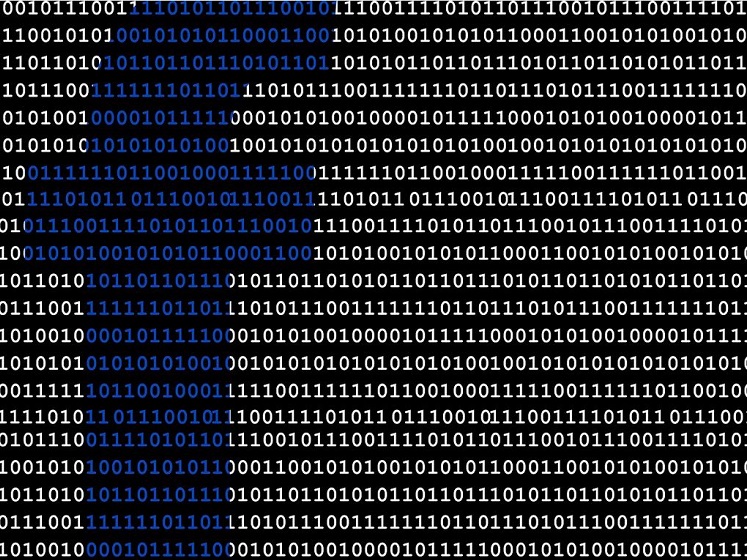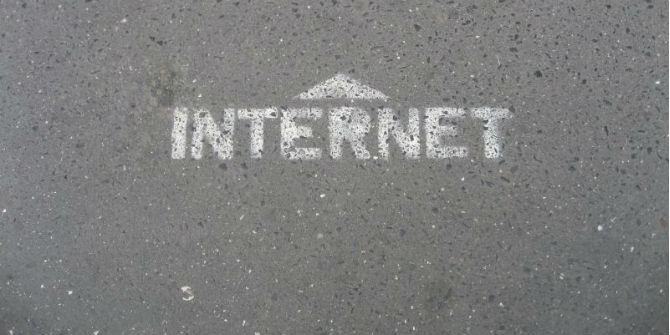 The UK press regulator IPSO has received hundreds of complaints concerning a column in the British newspaper ‘The Sun’ in which the phrase “the Muslim Problem” – by many perceived as a reference to the Nazi terminology “the Jewish Problem” – was used. In this post Aidan White, the Director of the Ethical Journalism Network (EJN), illustrates this controversy and explains what policymakers and journalists can do to counter racism in the press.
The UK press regulator IPSO has received hundreds of complaints concerning a column in the British newspaper ‘The Sun’ in which the phrase “the Muslim Problem” – by many perceived as a reference to the Nazi terminology “the Jewish Problem” – was used. In this post Aidan White, the Director of the Ethical Journalism Network (EJN), illustrates this controversy and explains what policymakers and journalists can do to counter racism in the press.
The Sun columnist Trevor Kavanagh was typically combative in his response to critics for using the term “The Muslim Problem” in a column last week which sparked protest from more than 100 MPs and generated a further 200 complaints to the Independent Press Standards Organisation (IPSO).
“I can honestly say,” he told UK Press Gazette, “it never occurred to me that this could be interpreted as a play on ‘The Jewish Problem’ and I will happily apologise to anyone who is thus offended.”
He then goes on the offensive, accusing his detractors of censorship saying it is “a ludicrous, offensive and perverse distortion of the truth” to say he is fomenting a “Nazi-style final solution” with his choice of words. Nevertheless, Sun executives did get the message and they quietly put the phrase “The Muslim Problem” in lower case on its online story.
Kavanagh’s failure to recognise the damaging nature of his choice of words and the incendiary impact it could have renders his apology largely meaningless.
It is not enough for journalists to acknowledge that some people may be offended. Causing offence or hurt feelings is not the issue here. What matters is whether these words have the potential to do actual harm. The spikes in incidents of racism, hate speech and violence directed against members of Britain’s Muslim community in recent years in the wake of terror attacks by Islamist extremists illustrate that Islamophobia is not a theoretical or imagined state, but a threatening current of opinion nourished by ignorance, misinformation and bigotry. Kavanagh’s thoughtless echo of historical Nazi terms applied to Jews adds to a climate of fear and does nothing to provide context or journalistic clarity.
Kavanagh is a veteran journalist who should know better. Slip-shod, unthinking reporting about Islam and Muslims can create an atmosphere of hostility against Muslims and can lead to yet more hate crime.
It is a growing problem and one that is leading to yet more government interference. This week the Director of Public Prosecutions Alison Saunders announced plans to tighten the law and give judges the power to impose tougher penalties on people guilty of online hate.
Journalists need to do all they can not to make the climate more toxic. They should apply their craft with care and sensitivity when reporting on issues that concern us all, but which are focused on the actions of a handful of violent criminals and sexual predators from Muslim communities.
There are three issues arising from this controversy which journalists would do well to take note of:
First, it is evidence that the Sun newspaper, which five years ago was among newspapers roundly criticised for anti-Muslim bias by Lord Justice Leveson in his report on press ethics (see pages 668 to 682 of the report), has clearly not learned its lesson. The casual dismissal of protests by Kavanagh and Sun executives as being “manufactured” by people who would like to shut down the debate over Muslim men involved in sex grooming gangs smacks of the same complacency and lack of respect for minorities that Leveson criticised.
Secondly, it is perfectly legitimate, indeed necessary, for journalists and media to examine in detail the links and complexities of immigration, religion, culture and crime in the context of the prosecution of members of sex gangs, many of them of Pakistani origin. Journalists are right to point out that many of the people concerned proclaim the same faith. It is not Islamophobic to point this out, but when they do so journalists should provide context, give voice to informed insiders and avoid language that provokes hostility.
Thirdly, the controversy highlights again how the press regulator IPSO is still ill-equipped to provide remedy to minority communities when they are victims of press bias. The IPSO Editors’ Code which is supposed to protect readers from abusive journalism only protects individuals, not groups. So even where the threats of potential violence to the Muslim community is clear and evident, IPSO is powerless to intervene.
This has led the National Union of Journalists to demand that IPSO carry out an investigation into the prevalence of Islamophobia and racism in the press. They argue that there is an opportunity here for IPSO to demonstrate that it is determined to get the press to change its ways. A worthy aspiration, but few observers believe it will happen, particularly as Trevor Kavanagh is a Board member of IPSO. (This conflict of interests came under fire from former Guardian editor Peter Preston at the weekend, who said he should resign from IPSO if he wants to continue his swashbuckling role as a media commentator.)
Whether they investigate or not, there remains a genuine fear among journalists and campaigners that clumsy, imprecise and wrong-headed choosing of words, whether by commentators like Kavanagh, or the Labour MP Sarah Champion, who resigned over a column in the Sun which was headlined “Britain has a problem with British Pakistani men raping and exploiting white girls” can become a way of diverting attention from a transparent and honest discussion of problems especially when they touch upon issues of religion and culture.
Unless these matters are discussed openly in the media and dealt with by the communities and authorities concerned there will continue to be a climate of hate and discrimination as well as neglect of vulnerable people at risk. Good journalism, applied with style and sensitivity is a solution, but it requires more self-awareness, humanity and sound editorial judgement than that provided by the likes of the Sun and Trevor Kavanagh in recent days.
For more articles on journalism and press ethics, visit the Ethical Journalism Network (EJN).
This post gives the views of the author and does not represent the position of the LSE Media Policy Project blog, nor of the London School of Economics and Political Science.






1 Comments